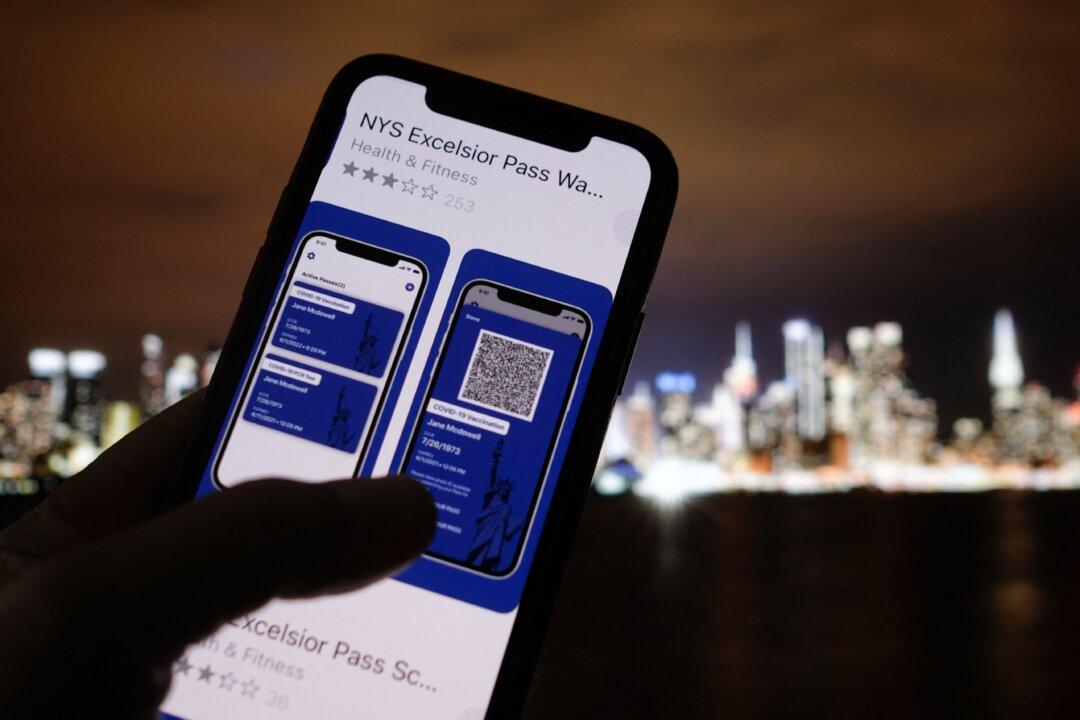A study on American-based digital health start-ups has found that nearly half—44 percent—of digital health startups lack credibility clinically, with a general lack of robustness in clinical findings.
“Many venture-backed startups in digital health have limited clinical robustness (reliability),” the authors wrote in the study.






